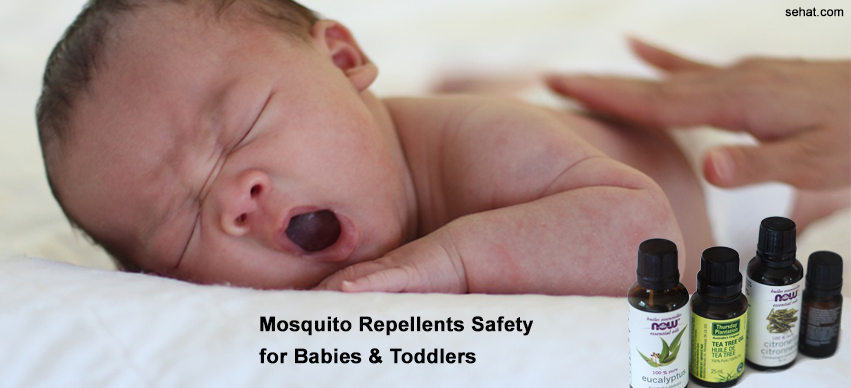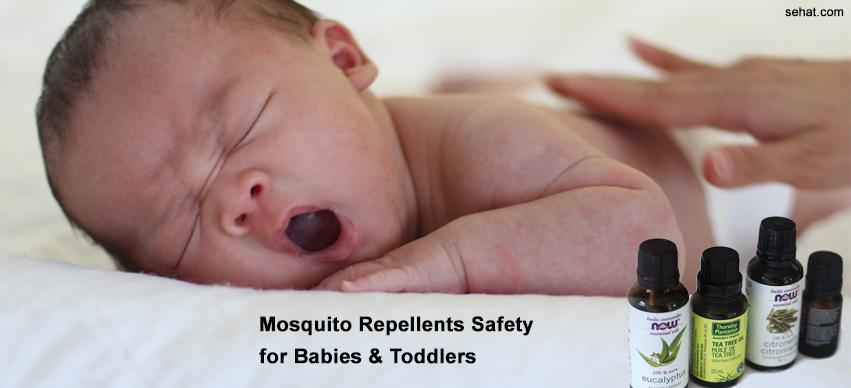How Communities Are Changing the Way We Think About Aging in..
8 Min Read


In today’s modern world, mosquito-borne diseases are still a major cause of morbidity and mortality. Some of the common mosquito-borne diseases are dengue, malaria, chikungunya, etc. These are more common in underdeveloped and developing countries. There are many methods to prevent mosquito bite and one of the most popular, effective and easy to use methods are using ‘Mosquito Repellents‘.
Mosquito Repellents are chemicals (natural or synthetic) which when applied to skin, clothing or on any surface prevent mosquito bite and thus diseases.
Amongst this list, the most commonly used mosquito repellents are DEET, Citronella and Icaridin.
Usually, these repellents are very safe and approved by all major medical associations for use in all age groups. They are extremely safe compared to their counterparts like mosquito coils, mosquito sprays, etc.
But children, old aged people, pregnant females, mentally retarded individuals and patients with known skin allergies are at risk of developing side effects.
For children, it is better not to use mosquito repellents cream directly on the skin. Use the repellent solution on clothes, that too in low to moderate quantities. Also, avoid direct access to kids because they can ingest repellent cream or solution. If the quantity of ingestion is less, then no need to worry but if the quantity of ingestion is moderate to high, then poisoning can develop which is life-threatening. Avoid repellent use on face and head because of accidental eye contact. Do not give repellents to children to apply by themselves.
For people with known skin, allergies avoid repellent creams directly on the skin. They can safely use repellent solutions for clothes. These kinds of people can safely use natural repellents without any fear of skin allergies. If any itching or rashes or skin lesions develop after applying repellents, it is better to consult a dermatologist as soon as possible.
There is no clear cut data about the safety of mosquito repellents in pregnant women. So it is better to use it in small quantities. In pregnant women, repellent solutions on clothes are preferable than repellent cream on the skin.
Keep these repellent creams and solutions out of reach to Mentally ill and Retarded patients because of fear of accidental ingestion.
Other popular measures for the prevention of mosquito bite are coils, liquids, mates, etc. They all produce inhalation chemicals that actually kill mosquitoes or produce odors disliked by mosquitoes so they stay away. Since these measures are cheap they are very popular and used widely in underdeveloped and developing countries. The same chemicals are also inhaled by humans and produce many side effects and diseases. They not only produce side effects but also cause diseases like asthma, bronchitis, hypersensitivity pneumonitis, allergic rhinitis, etc. Common side effects like sneezing, nasal irritation, headache, watering from eyes, runny nose, difficulty in taking a full breath, breathlessness, dry coughing, chest tightness, irritation in the throat, etc are very common. Children who are regularly exposed to such smoke are at higher risk of developing allergic rhinitis, conjunctivitis, and asthma in later part of their childhood. Similarly, adults who use these coils and liquids regularly at home are more prone to developing bronchitis, asthma, COPD (chronic obstructive pulmonary diseases), Hypersensitivity pneumonitis (HSP), etc. Actually chronic inhalation of this smoke is having a similar effect as cigarette smoke. So better to consult ENT specialist and pulmonologist if you develop any of the above symptoms after using coils or liquids. Many patients usually improve dramatically once they stop using coils and liquids. So it is always advisable and prefer to use mosquito repellents like fabric roll-ons, skin creams over mosquito coils and liquids to prevent long term complications and side effects.